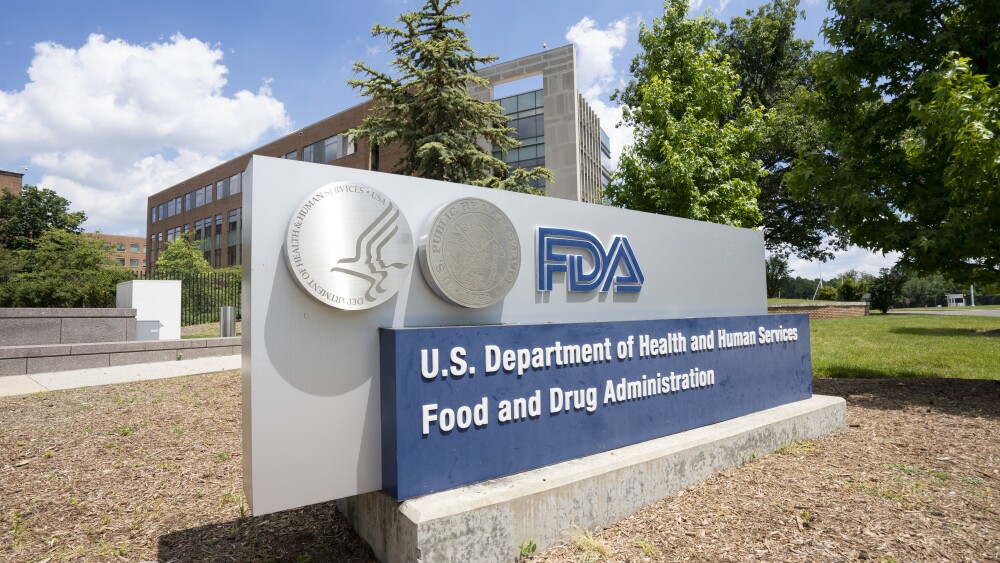Vinay Prasad, chief of the FDA’s Center for Biologics Evaluation and Research, is planning to publish a paper this month to outline his office’s thinking on accelerating gene editing reviews.
The FDA is devising a mechanism to expedite the review and approval of gene editing therapies in a bid to accelerate the development of drugs addressing rare conditions.
In an interview with Bloomberg on Friday, Vinay Prasad, director of the agency’s Center for Biologics Evaluation and Research, said that a forthcoming paper this month will detail the regulator’s thinking and a new approach to gene editing approvals. “Regulation has to evolve as fast as science evolves,” he said, adding that the FDA wants to be “extremely flexible” when it comes to this modality.
“The moment we publish our paper, the investment in this space will flow,” Prasad added.
Friday’s news seems to have been partially spurred by the news of a team successfully treating an extremely rare genetic condition in a baby using CRISPR gene editing. The infant, named KJ, had CPS1 deficiency, a disease characterized by excessive urea levels in the body, leading to permanent brain damage or death.
At the time, Mark Veich, CEO of the public charity Advancium Health Network, told BioSpace that the success in this case could catch the attention of the FDA and, in turn, prod the regulator to open up speedy review pathways for gene editing approaches for ultra-rare conditions.
This seems to have been the case. In an Oct. 31 paper published in the American Journal of Human Genetics, the team behind KJ’s care wrote that their approach had “evidently helped to catalyze a plan by the FDA to create a ‘plausible mechanism pathway’ for conditional approval” for platforms of “bespoke therapies.”
The researchers added that they are currently working with the FDA to determine how they should approach clinical trials of gene editing platforms—rather than individual gene editors, as is currently the case—and how they could “ultimately seek regulatory approval for these platforms.” The team presented plans to CBER for testing gene editing treatments in two more rare diseases, one for phenylketonuria and another for urea cycle disorders similar to CPS1 deficiency.
It is still unclear how Prasad’s forthcoming regulatory framework for gene editing will fit with existing policies and designations, like the FDA’s recently announced Platform Technology Designation program. The award is given to companies that leverage a “well-understood and reproducible technology” as a critical part of its products, according to a draft guidance for the program. In turn, drugs produced using this platform can enjoy a quicker review process.
Currently, the only active platform designation belongs to Krystal Biotech, which was granted last month. The first-ever recipient, Sarepta Therapeutics, had the designation revoked in July due to a string of patient deaths associated with the company’s gene therapies.






